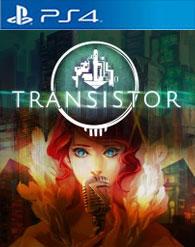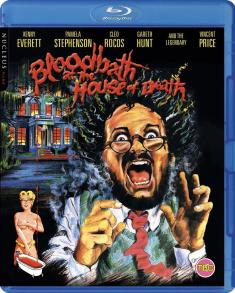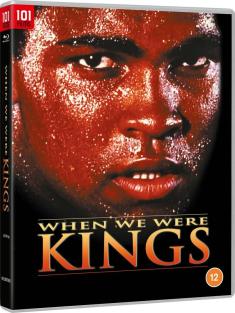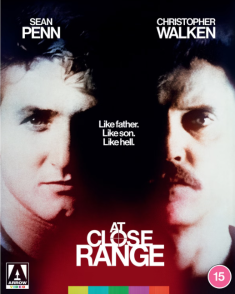Transistor
Overview -
Supergiant Games, back after a triumphant debut with 'Bastion,' has a thing about remixing the old and the expected. After twisting some RPG tropes into a delightful little tale in 'Bastion,' it now falls on 'Transistor' to evaluate those twists and emerge even newer, even fresher. Again a third-person, isometric RPG, now in the shoes of beloved singer and performer Red, players are tasked with overcoming the Process, an infection overtaking her future-punk town called Cloudbank.
It starts with the death of her soul mate, his own soul transferred into the fateful Transistor, a sword that turns the essence of the dead into powerful weaponry. Is this an allegorical masterpiece or an overzealous attempt at transcendence?
Video Review

If 'Transistor' proved anything, it's that a game can be unique and repetitive at the same time. The overall style is like nothing you've ever seen before, opting for cool blues and greens, spliced against the jarring white of your foes and red of your hair, the city of Cloudbank seems to exist in its own dimension. The problem is, Cloudbank is also a quilt with every patch exactly the same, with no sense of place at all, much like the game's overarching structure. Those two issues play hand-in-hand.
Were it not for the narration, I could rarely tell if had stepped forward or back from door to door, whether I was progressing or running in circles. From a gameplay standpoint it didn't matter, but in service to the narrative the repetition brought the game down. The impact of my defeating a boss, or coming across some important plot detail, was sullied by the fact that I felt like I had gone nowhere, seen nothing and, effectively, achieved very little. Never have I been more aware of the need for visual variety as in this game, when it didn't exist at all.
Audio Review

The soundtrack's effectiveness the polar opposite of the visuals', 'Bastion's' musician Darren Korb strikes again with an absolutely stunning score, bolstered by an absolutely stunning vocal performance from Ashley Lynn Barell, who also voices Red. Korb, who spun together a jankety western vibe in 'Bastion,' approached the 'Transistor' sound with the same desire for the new and bizarre as Supergiant did with the game as a whole. Expectedly, it was Korb who found more success with a subdued, tactile vibe that passes through you like the hum of an electric current. Barell's voice is the serene jolt of life, offered just infrequently enough to have you desperate for more. You can press a button to have Red hum at any time throughout the campaign. I found myself doing it far, far too often.
Logan Cunningham, previously the 'Bastion' narrator, grits his way through 'Transistor' in a similar role. He's the sword itself, Red's love and, of course, our narrator, and he plays each part perfectly. On the other hand, the two semi-villains are more clinically-depressed than existentially-wise, as I assume the team was going for, but it's a minor caveat amongst an otherwise perfect audio assortment.
Final Thoughts

Of Supergiant's two games, 'Transistor' is second-best. I'll always commend a studio for opting to be different, and in some ways it pays off for Supergiant, while in others it doesn't. The combat system is compelling at first, but generally not balanced enough to compel me to keep going in a second playthrough. The story is at first mysterious but eventually underwhelming, despite a strong emotional core in its two lead characters, and the city of Cloudbank shines brightly in just one way, and so feels dull after about an hour.
This is a young studio experimenting with experimentation. 'Transistor' isn't an experiment gone wrong, but it isn't an experiment worth replicating for further study either.












